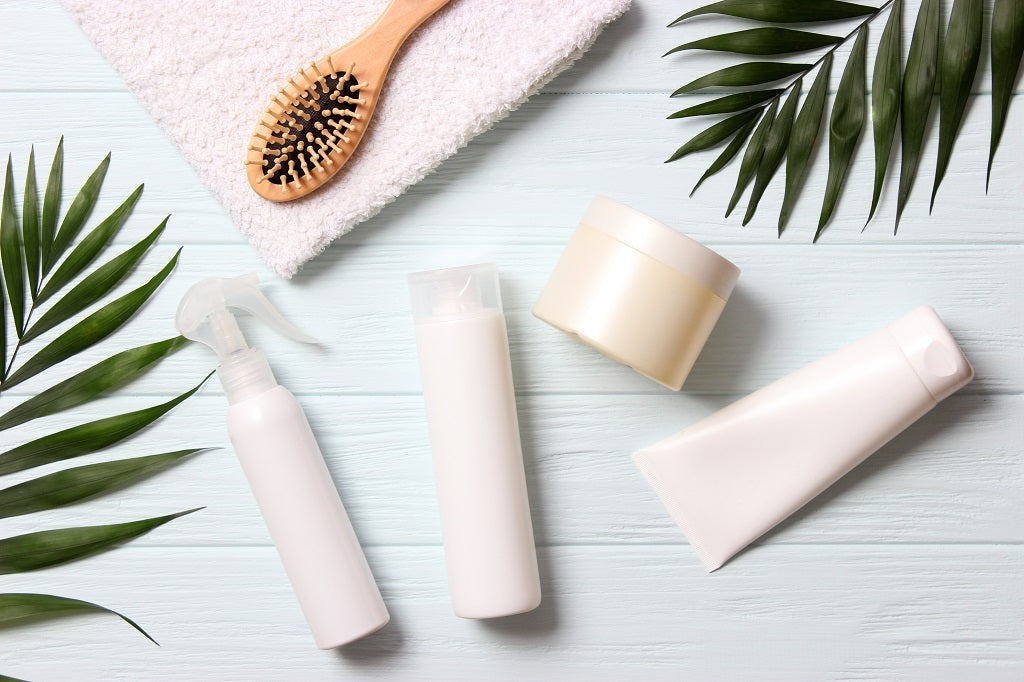Do you know that your hair reveals a lot about your present health condition? Are you also of the belief that only hair care regimes are responsible for better hair health? Sometimes a long-term illness or medication can take a toll on your hair, making it look dull, dry and thin. Many a time you ignore the signs of your hair and fail to understand what your hair is trying to tell you. Your scalp and hair health indicates in what shape is your health condition.
Analyzing Common Hair Problems
Here are some commonly occurring hair problems and the health issues associated with the problems.
1. Dull And Lifeless Hair
When your hair becomes dull and lifeless, you tend to put the blame on your haircare regime, your hair styling habits (excessive use of dryers, curlers or hair straighteners). You may experience severe hair fall and have dull and lifeless hair due to deficiency of Vitamins such as A, B, C and D and minerals such as sulfur, phosphorous and selenium.
2. Dandruff
Dandruff may not seem to be a serious concern, but it can be embarrassing and quite uncomfortable. Excessive use of hair care products can make your scalp dry and itchy leading to dandruff. But dandruff can also be an indicator of an underlying health issue such as gastrointestinal disorder, stress or immunodeficiency. A person having yellow dandruff may be suffering from seborrheic dermatitis.
Also Read : Effective Home Remedies & Tips For Dandruff Control
3. Brittle And Thin Hair
Brittle and thin hair may be due to the deficiency of protein in your body. If your body is protein deficient, it shows on your skin, hair and nails. Your hair is made up of amino acids which are considered to be the building block of protein. Intake of fresh fruits, nuts, grains, milk and fish can provide your body with sufficient protein. Iron and zinc are the pre-requisites for keratin production and the deficiency of it can lead to changes in the texture of your hair, making your hair brittle.
Sometimes, thin and brittle hair may be an indication of serious health conditions such as Cushing’s disease. In such a case, check for other symptoms like high blood pressure, tiredness, insomnia and severe back pain.
4. Hair Loss
You are expected to lose 50-100 strands in a day, which is considered to be normal. But in case, you lose more than this on a daily basis, then you need to check with your doctor. Excessive hair loss can be due to anaemia, stress, lack of sleep, vitamin deficiency, diabetes or an endocrine disorder.
Also Read : Stress-Induced Hair Loss? Here's What You Need To Do!
The best way to check if everything is ok is to run your finger from roots to tip. If you have a maximum of 3-5 strands in your hands then its ok, nothing to worry about.
5. Oily Hair
Oily hair and greasy scalp indicate an unhealthy lifestyle and eating habits. A high intake of alcohol and beverages such as coffee can make your hair greasy, lacklustre and fragile. Try to cut down on junk food, fried food, sweets, coke etc and introduce healthy food into your diets such as fresh fruits, green veggies, nuts, legumes, egg, milk and fish.
Sebaceous glands excrete sebum which keeps your scalp and skin hydrated. If your glands produce too much sebum, you can correct it by using Anveya Tea Tree Oil on the scalp. It effectively deal with dandruff. Try mixing Tea Tree Oil with a carrier oil and apply on your scalp or add a few drops of Tea Tree Oil to your regular shampoo and wash your hair as usual. Greasy hair and scalp is also an indication of hormonal issues, metabolism problems. In such a case it better to seek the advice of a professional hair care expert.
ANVEYA AUSTRALIAN TEA TREE OIL, 100% PURE, 15ML
- Works on ACNE, SCARS & PIGMENTATION due to its antibacterial and anti-inflammatory properties
- Application in treating SKIN, NAIL & TOE INFECTIONS
- Great for HAIR. Fights against DANDRUFF with its antifungal properties
- Diffuse for fresh & CLEAN HOME
6. Premature Greying
It is quite normal to have grey hair at old age because along with ageing the production of melanin in the body decreases and your hair starts greying. But premature greying where people’s hair starts greying at a very early age can be a cause of concern.
Genetics play a major role in premature greying, but it is very rare. Other than that premature greying can be due to excessive stress, tension, chronic fatigue and poor eating habits. Experts reveal that these factors have a drastic effect on melanin production.
Also Read : Premature Gray Hair - Causes, Treatment & Prevention
7. Split Ends
When your hair becomes dry, brittle and frizzy, it results in split ends. Split ends is an indication of poor nutrition. Deficiency of vitamins, protein and other essential nutrients such as iron, copper, calcium can also result in dry hair and frayed ends.
This problem is commonly seen in people who follow a strict diet and suffer from endocrine problems. Remember to include salads, fish, red meat, orange juice and carrot juice into your diet as it provides your body with all the essential nutrients and antioxidants which effectively repairs the damaged hair, making your scalp and hair healthy. Drink at least 8-10 glasses of water daily to keep your body hydrated.
8. Itchy Scalp
Many a time you might be tempted to scratch your scalp in public, but are hesitant to do so. The reason can be an itchy scalp. When your scalp becomes very dry, it can become itchy and flaky. A dry, itchy scalp can be an indication that your body is deficient in omega-3 and omega-6 fatty acids. These essential fatty acids keep your hair and scalp well hydrated and nourish the hair follicles. You can increase the intake of flax seeds, fish, cod liver oil, sunflower seeds which will help to readily boost the supply of essential fatty acids in your body.
Your hair can tell a lot about your health, your mental state, it helps to know whether you are stressed out, you are suffering from a nutrient deficiency or any other health condition. As per a leading haircare professional, an unusual change in the texture, look and thickness of your hair can reveal an underlying health issue. Never ignore these signals of your hair and do not think twice before consulting a doctor when needed.
Disclaimer: All the content on anveya.com/blogs is solely for information. It is not intended to be a substitute for professional medical advice, diagnosis or treatment. Always seek the advice of your physician or a qualified health care provider. The information, suggestion or remedies mentioned on this site are provided without warranty of any kind, whether express or implied.




